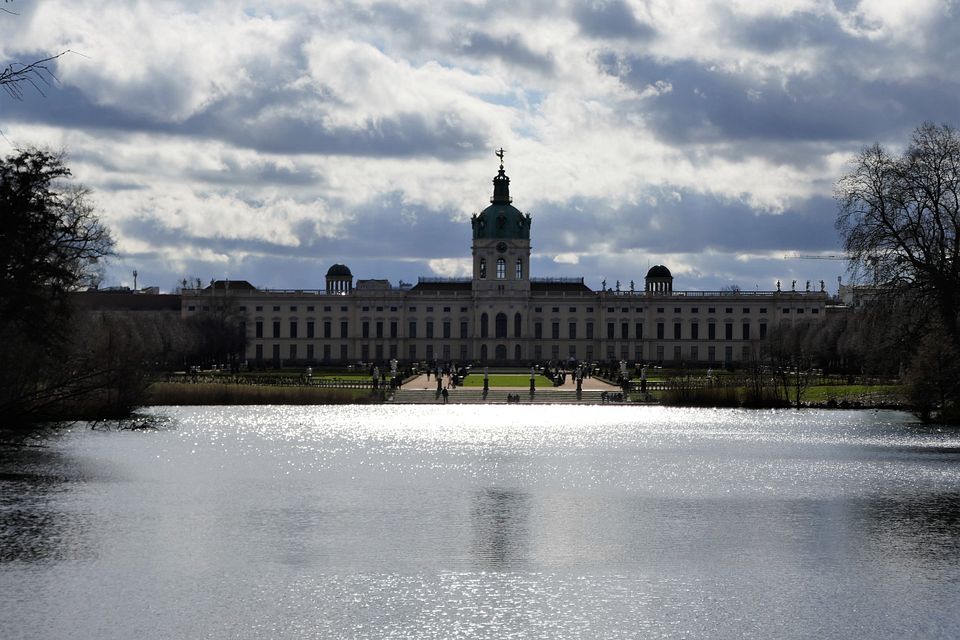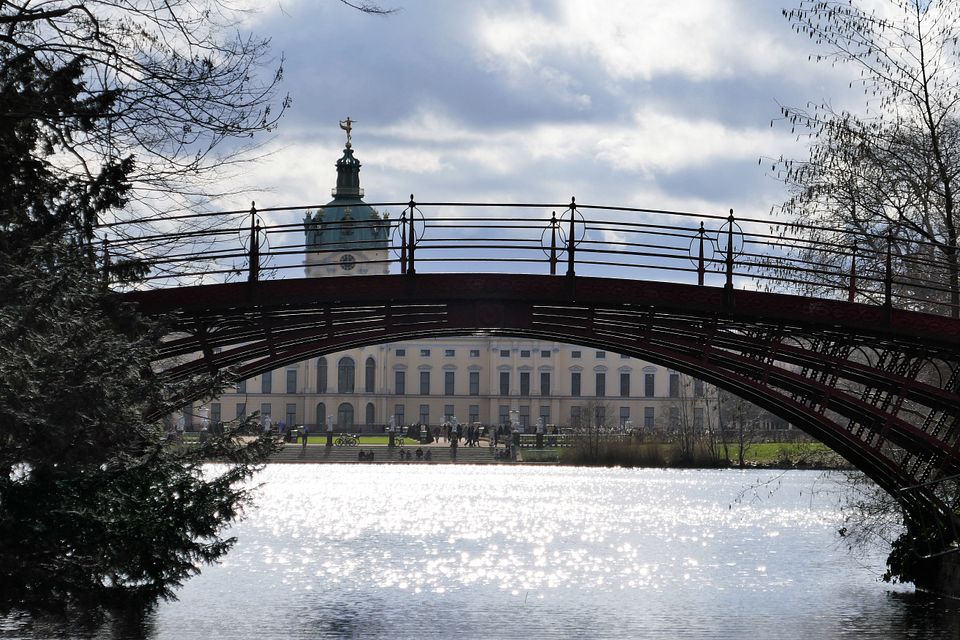...by Matthew Dennison. A very readable and recent biography of Queen Caroline. Dennison would get the Horowski seal of approval: he spells all the German names correctly (which is a true challenge in the case of the Countess of Schaumburg-Lippe-Bückeburg), is aware that the Countess of Kielmansegg was G1's half sister, not mistress, and while sympathetic to his main subject is able to investigate her less than stellar sides as well. (Though he thinks Wilhelmine has no idea what she's talking about with her powerhungry-as-Agrippina comparison, since she never met Caroline.) This is especially notable in the description of the increasingly toxic breakdown of the (non-)relationship between Caroline and her oldest son, but more about this in a moment.
The bibliography is impressive. (No books in German, but he's read all the English translations of Sophie's various correspondences he got his hands on, for example, as well as translated into English or French biographies.) I haven't come across an immediately noticeable error save one, and because he's so good otherwise, I'm now actually confused and uncertain whether he could have been right.
( Just which Hannover Princess did Fritz pledge himself to marry in the English Marriage Project? )On to the life of Caroline.
( Ansbach Cinderella makes it to the Prussian Court )But back to Caroline, young princess of tiny Ansbach with no big heritage (remember, product of second marriage) hanging out a lot at Berlin. She was a youthful beauty by the standards of her age - bright blond hair, white, luminous skin, a good figure which only later would get heavy, but would almost to the end be perceived as voluptous -, and an impressive conversationalist. Given the lack of a dowry, the amazing thing is that her first proposal should come from a very impressive source - young Archduke Charles, future Dad of
Maria Theresa.
( How Caroline rejects an Empire and becomes a heroine to Protestants everywhere )On to the Georges: in order to make it always clear who is who, Dennison calls G1 George Louis both before and after his becoming King, and G2 George Augustus (ditto). Why was Caroline's attachment to the Protestant faith a good selling point to convince George Louis she could make a good match for his son, despite the lack of a dowry? Because at this point, the prospect of the British succession became increasingly real. Cousins William and Mary had produced no living offspring. Cousin Anne's children had all died. And the reason why the ca. 50 people between Sophie and Anne were disqualified from the succession in the eyes of Protestant England was that they were all Catholics. Now, George Louis and Sophie cunningly let young George Augustus believe this was all his idea, and he went through that romantic undercover mission where he under a pseudonym showed up at Ansbach (Caroline after Figuelotte's death had gone to her half brother's court) and fell in love at first sight. But there was a lot of stage management behind the scenes there.
( Young George falls in love, but what did Caroline feel? ) When the British parliament produced the Act of Settlement (which made it law that any successor to Anne had to be Sophie or a PROTESTANT descendant of Sophie), Caroline, who definitely had the brains of the marriage, inmmediately started an Anglisation project, learning English, cultivating the increasing number of British visitors now showing up at Hannover, reading up on English literature, and on English history. (She became an early member of Tudor fandom, which the poets cultivating her later noted, pleasing her by comparing her to Elizabeth, not more recent Queens like Anne or Mary II.) Among the Brits showing up at Hannover were the Howards. Charles Howard was a louse, and a physically abusive husband, and his wife, Henrietta, had come here with one aim in mind: get a job from the future British monarchs that would get her away from her husband. Her original idea had been becoming lady in waiting to Caroline, which she did, but she also ended up as future G2's first mistress.
( The Caroline-Henrietta-G2 triangle ) Back to the Hannover days when they were all still young.
( G2 wants to join the army; Sophie argues with Anne )( Caroline and her oldest son: First act of a train wreck )( George Louis becomes G1 while Caroline hits on a winning strategy to make herself and her husband popular ) So much for the fun part. Meanwhile, the G1 vs future G2 father/son cold war had become a hot one.
( Almost Murder in the Cathedral: G1 kicks G2 and Caroline out of the palace )This treatment of Caroline has the effect that Europe, which might otherwise have sided with the patriarch, now sides with the young couple, because cutting off Caroline from her children just because she's a loyal wife looks terrible. It also does lasting damage.
( Caroline loses at motherhood and wins at queendom )Fritz of Wales arrives without public fanfare through the back entrance of the St. James Palace and is presented with a family who hasn't been missing him. Things go
downhill from there.
( Final acts of all sorts ) Caroline dies, after that painful illness, Händel composes a new work in her honor ("The Ways of Zion to Mourn"), G2 says "I never saw a woman worth to buckle her shoe" and at the Royal Exchange, a wit posts: "Death, where is thy sting? To take the Queen, and leave the King!" (As by this time, G2 had lost all the popularity he'd had as Prince of Wales, not least because by his trips to Hannover post ascension to the throne, he'd shown that he did not, as had been expected, "hate Germany and love England". Dennison thinks it's very unfair that Caroline is forgotten today, who'd been the first Princess of Wales since a young Katherine of Aragon and who'd been the most powerful Queen Consort in many a generation, too, doing more than any other single member of the Hannover royal family to assure it became largedly accepted in GB, and he opes his biography helps bringing her memory back at least somewhat.




